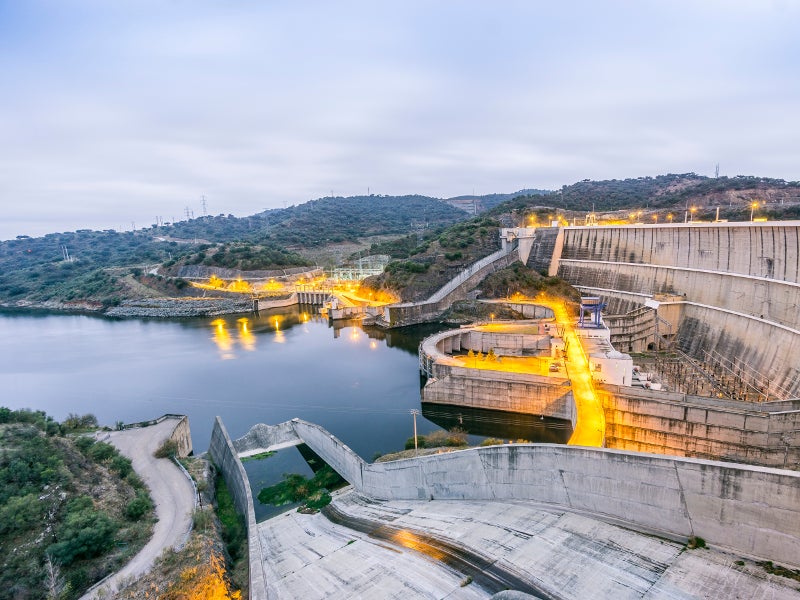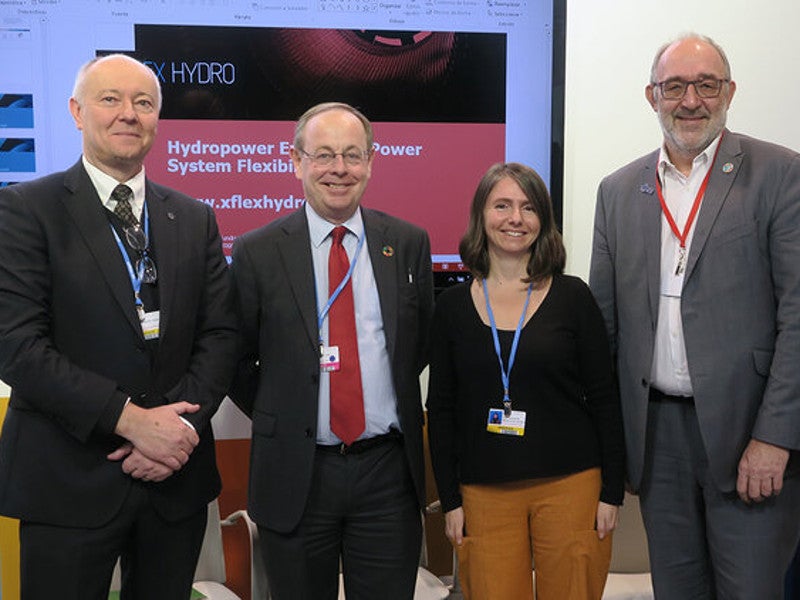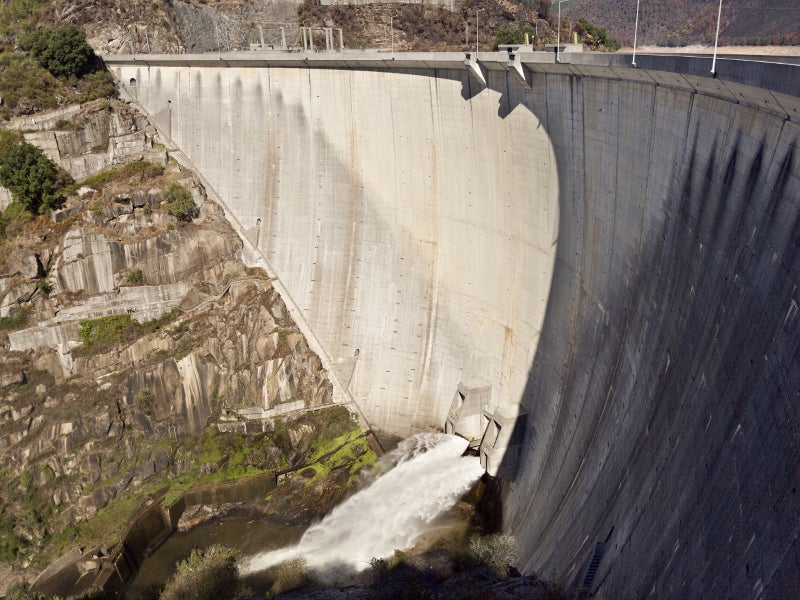The Hydropower Extending Power System Flexibility (XFLEX HYDRO) project is an energy innovation project undertaken to demonstrate a set of smart hydropower technologies for improving the grid stabilisation capability of hydroelectric power plants.
The project is also intended to provide a roadmap for greater integration of renewable resources such as wind and solar power in the electricity transmission systems with enhanced grid resilience and reliability.
XFLEX HYDRO is a European Union (EU)-funded project formally launched at the United Nations annual climate change conference (COP25) in Madrid, Spain, in December 2019.
Scheduled for completion in 2023, the demonstration project involves testing of certain innovative technologies at seven hydroelectric power plants in Portugal, Switzerland, and France.
Partners in the XFLEX HYDRO project
The XFLEX HYDRO demonstration project is being undertaken by a consortium of 19 partners including utility companies, power equipment makers, universities, and research firms.
The consortium is led by Ecole Polytechnique Fédérale de Lausanne (EPFL), a research institute, and university in Lausanne, Switzerland.
The University of Stuttgart, Germany, Universitat Politècnica de Catalunya (UPC), Spain, and the HES-SO University, Switzerland, are some of the other higher-education institutes involved in the project.
Power utilities in the consortium include Switzerland’s Alpiq, France-based EDF, and Energias de Portugal (EDP). The hydroelectric plants operated by these utilities will be used as demonstration sites for testing new technologies.
The power equipment makers executing the project include Voith Hydro, GE Hydro, and Andritz.
French state-owned Commissariat à l’Énergie Atomique (CEA), EDP Centre for New Energy Technologies (EDP CNET), SuperGrid Institute of France, and Armines, a private non-profit research and technological organisation based in France, are the research institutes involved in the project.
Zabala Innovation Consulting, a company based in Spain, will formulate an intellectual property rights strategy for the project.
Technologies used in the XFLEX HYDRO project
The XFLEX HYDRO project will test enhanced variable-speed and fixed-speed turbine systems, battery-turbine hybrid technology, along with the smart control technology called Smart Power Plant Supervisor (SPPS) that has been developed by EPFL.
The SPPS will utilise a multi-dimensional hill chart system incorporating turbine dynamics as well as analysis of energy needs on the grid for advanced control, optimum performance, and predictive maintenance of the hydro turbines.
The Institute for Systems and Computer Engineering, Technology and Science (INSEC TEC), Portugal, will develop flexibility matrix for the project. Its main task is to identify and standardise flexibility services by the hydropower technologies.
SuperGrid Institute will offer its test platform, the Hydro-Power-Hardware-in-the-Loop (Hydro-PHIL), for the project. The facility provides real-time simulation of the electricity grid to test model turbines.
XFLEX HYDRO demonstration sites
A 5MW variable-speed reversible pump-turbine with full-size frequency converter (FSFC) will be demonstrated at the Z’Mutt pumping station in Switzerland. Operated by Alpiq, the Z’Mutt facility has five pumps with an aggregate pumping capacity of 88MW. One of the five pumps will be replaced with a variable-speed reversible pump-turbine for demonstration.
The EDP-operated 780MW Frades-2 pumped storage hydropower station in Portugal is the site for testing hydraulic short circuit operation using variable speed pump-turbine with double-fed induction machine (DFIM) technology. Turbine maker Voith Hydro is providing technical support for the demonstration of the same.
Hydraulic short circuit technology using a Pelton turbine will be demonstrated at the EDF-operated 1.8GW Grand Maison pumped-storage hydroelectric power plant in France. GE Hydro is the lead technology partner for the demonstration.
The 520MW Alqueva pumped storage power station operated by EDP in Portugal is another location for testing the hydraulic short circuit technology. GE Hydro is the lead participant in the testing.
The EDP-operated 62MW Canicada conventional hydropower station in Portugal will be the site to evaluate opportunities for flexible operations at medium-scale hydropower plants.
The 630MW Alto Lindoso hydropower plant in Portugal, operated by EDP, has been shortlisted to test flexibility of plants running on enhanced fixed-speed turbine systems designed for high-head operation. GE Hydro will participate in the demonstration.
The 142MW Vogelgrun run-of-the-river hydropower plant operated by EDF in France has been chosen as the site to test battery turbine hybrid technology. One of the four Kaplan turbines of the plant will be hybridised with a battery system for energy storage as well as enhanced frequency control. Andritz and CEA are among the partners involved in the testing.
Funding for the XFLEX HYDRO project
The total estimated cost of the demonstration project is £15.27m (€18.16m), of which £12.7m (€15.1m) is contributed by the EU under its Horizon 2020 research and innovation programme.
Among the 19 partners, EPFL received the highest grant of £2.4m (€2.87m) followed by EDF (€1.45m), Voith Hydro (€1.08m), GE Hydro France (€1.06m), and International Hydropower Association (€1.03m).





